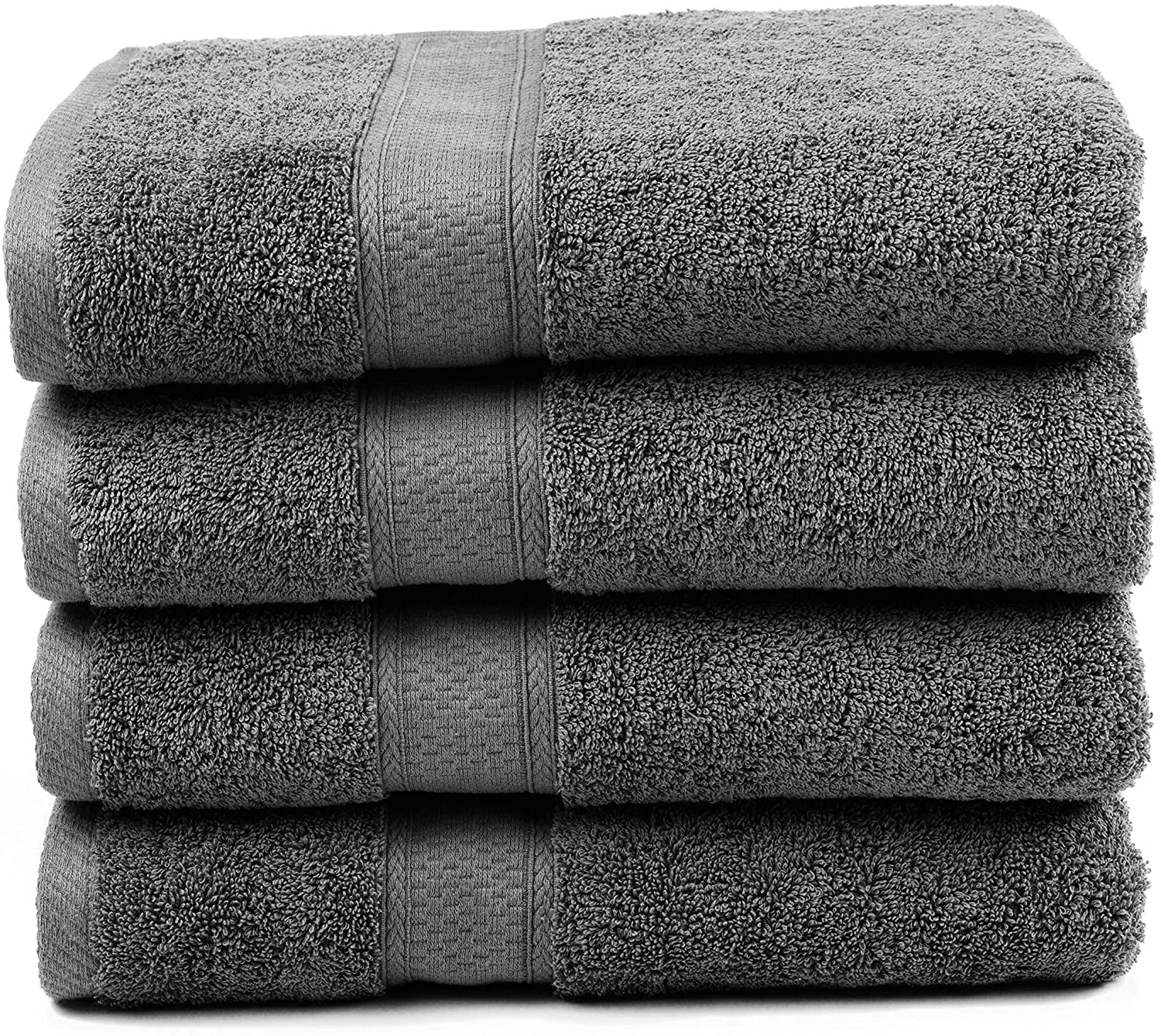



PVA, or Polyvinyl Alcohol, is a water-soluble synthetic polymer that lends itself to a variety of adaptions. PVA can be made into threads of fibers, liquids, coatings, beads, lubricants, and many other forms. As a filament yarn, PVA has valuable properties:
High tenacity
Low-elongation
High modulus
Low creep
Heat resistance
Incompressibility
UV Resistant
Water Soluble
These properties make it adaptable for the following uses, among them are:
Reinforcing rubber hoses and rollers
Geo-textiles
Fishing Industry applications
Consumer textiles
Manufacturing ropes and other industrial textiles
Agricultural canvas, nets and more
Reinforcing concrete for construction industry
3D printing applications
This fiber is able to reinforce many different materials, is pliable, and compared to other materials, is very compact. PVA is also highly adaptable. Depending on the specific application, PVA yarns can be designed to possess higher or lower tenacity, to have higher or lower elongation, and to come in a various weights and thicknesses. Another benefit of PVA is that because it is water-soluble, it is easily washed away. In 3D printing, for example, PVA fiber can support a structure and then be dissolved away after it is no longer needed.
